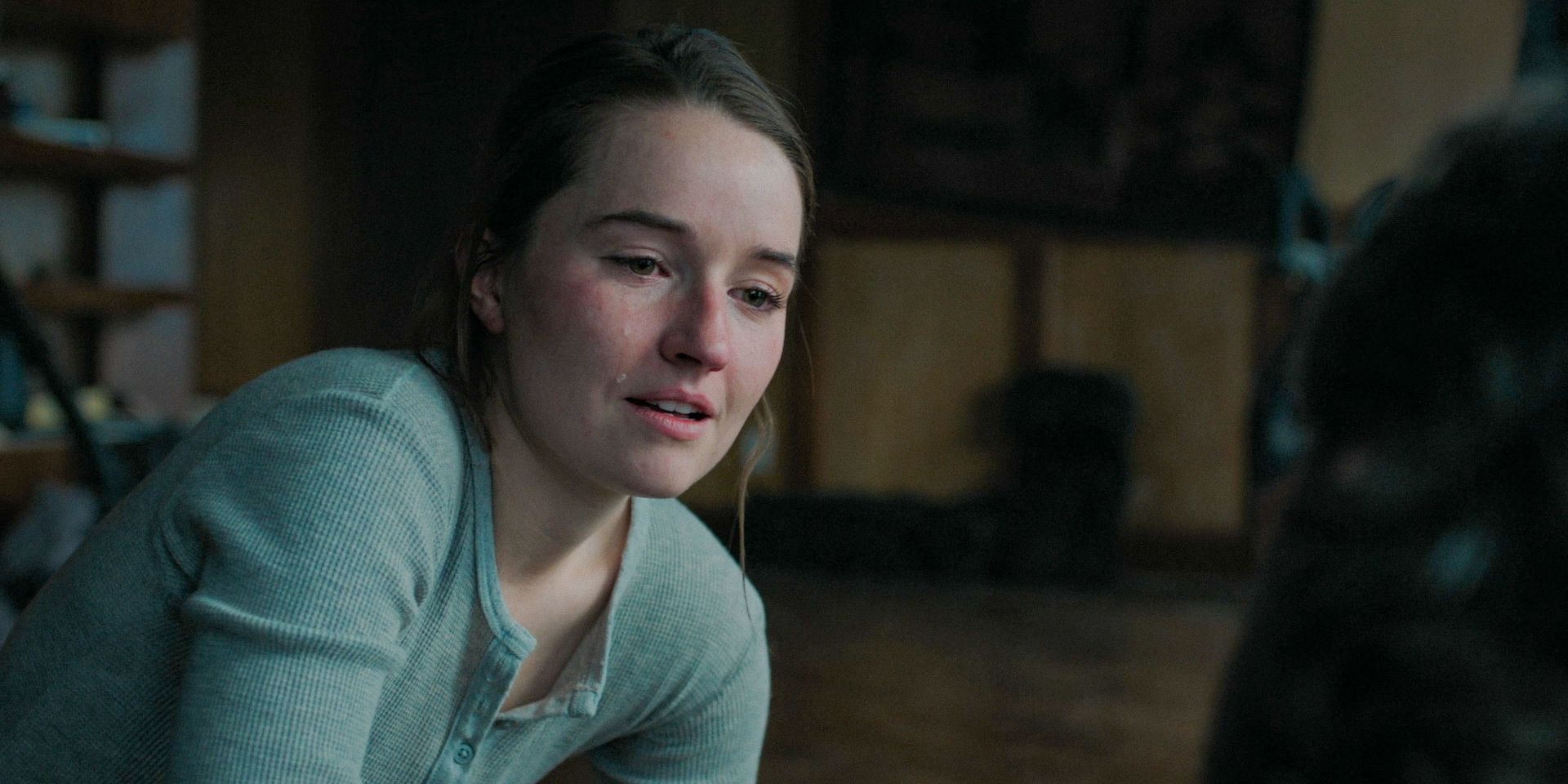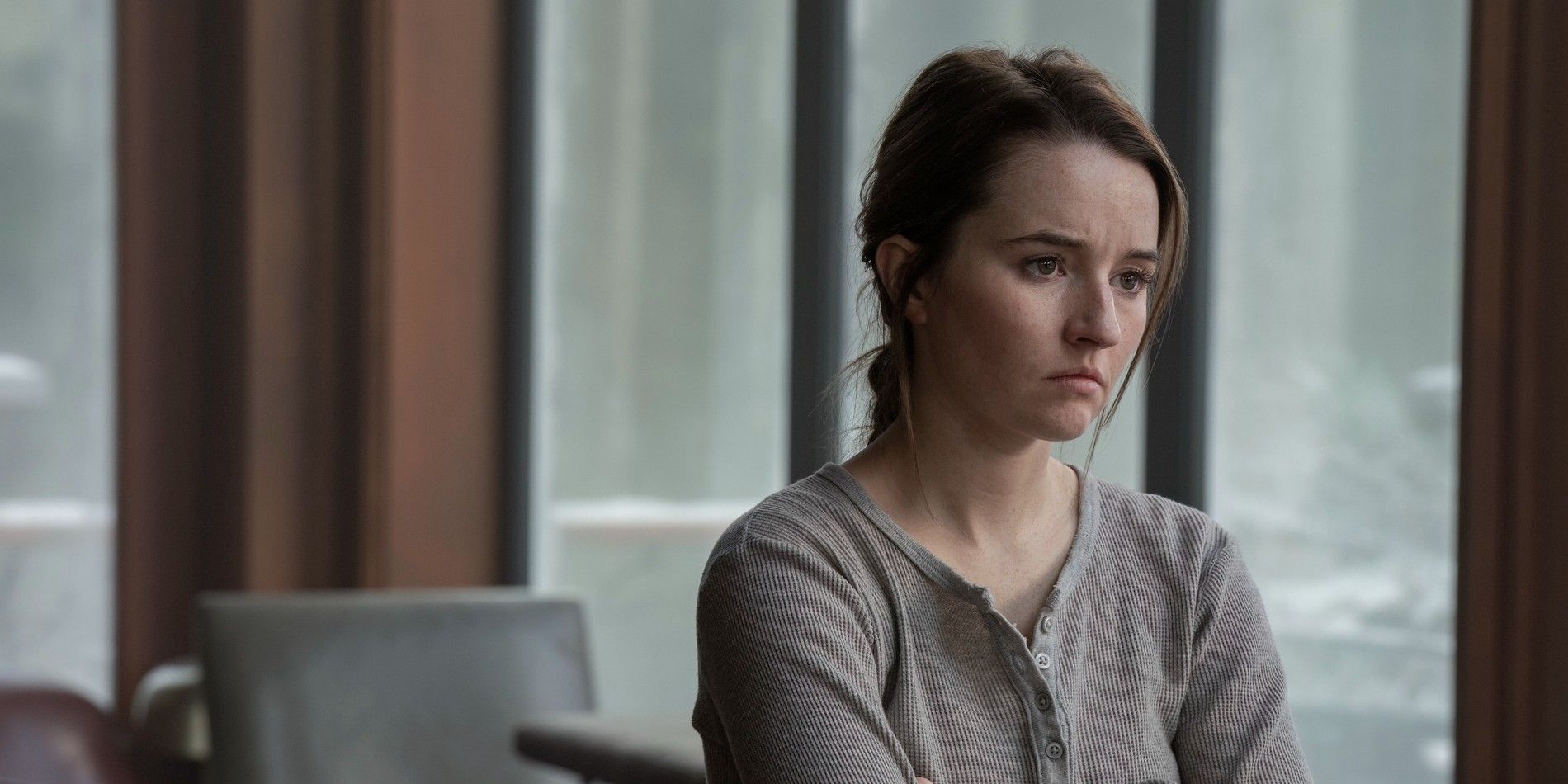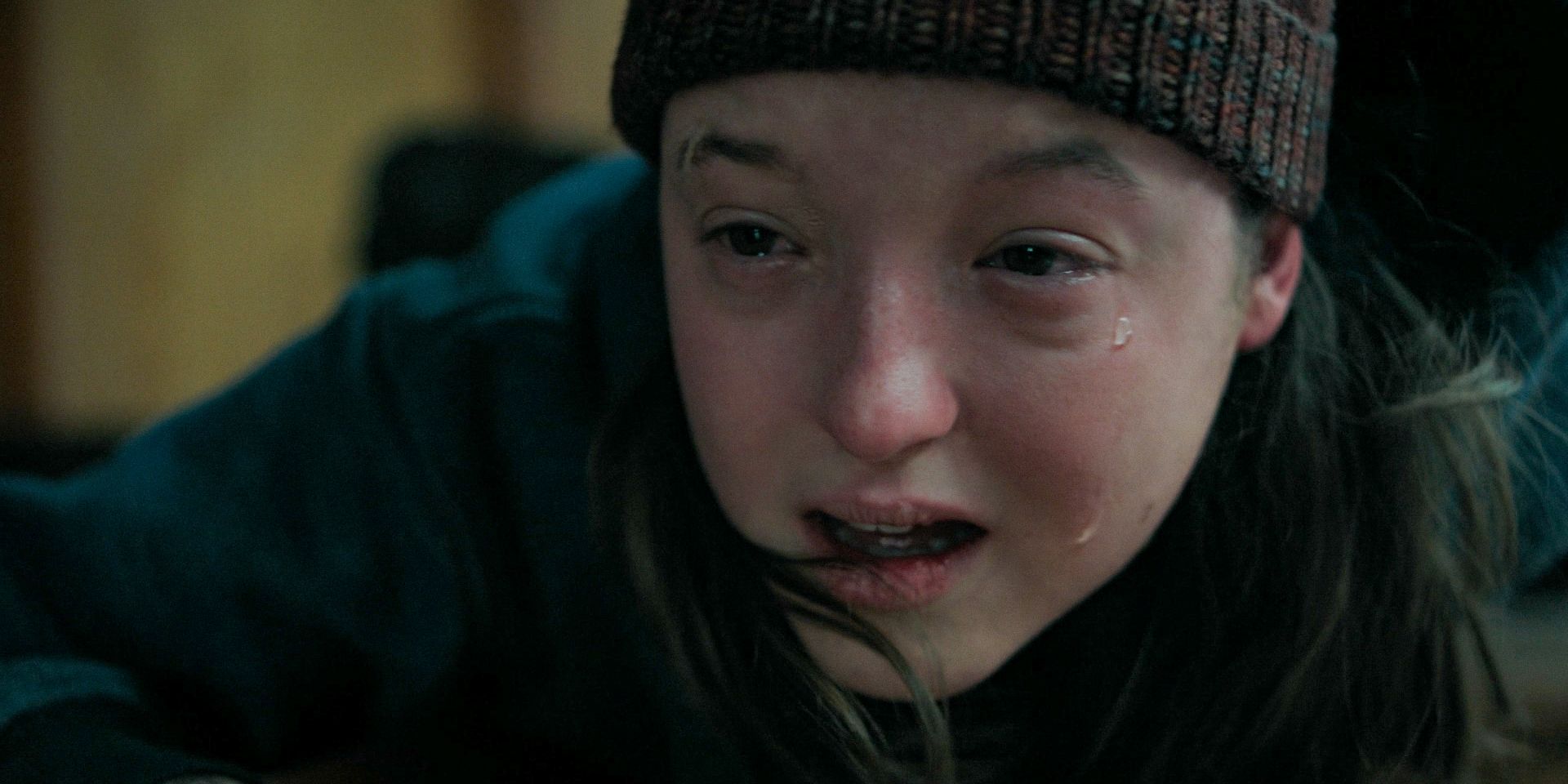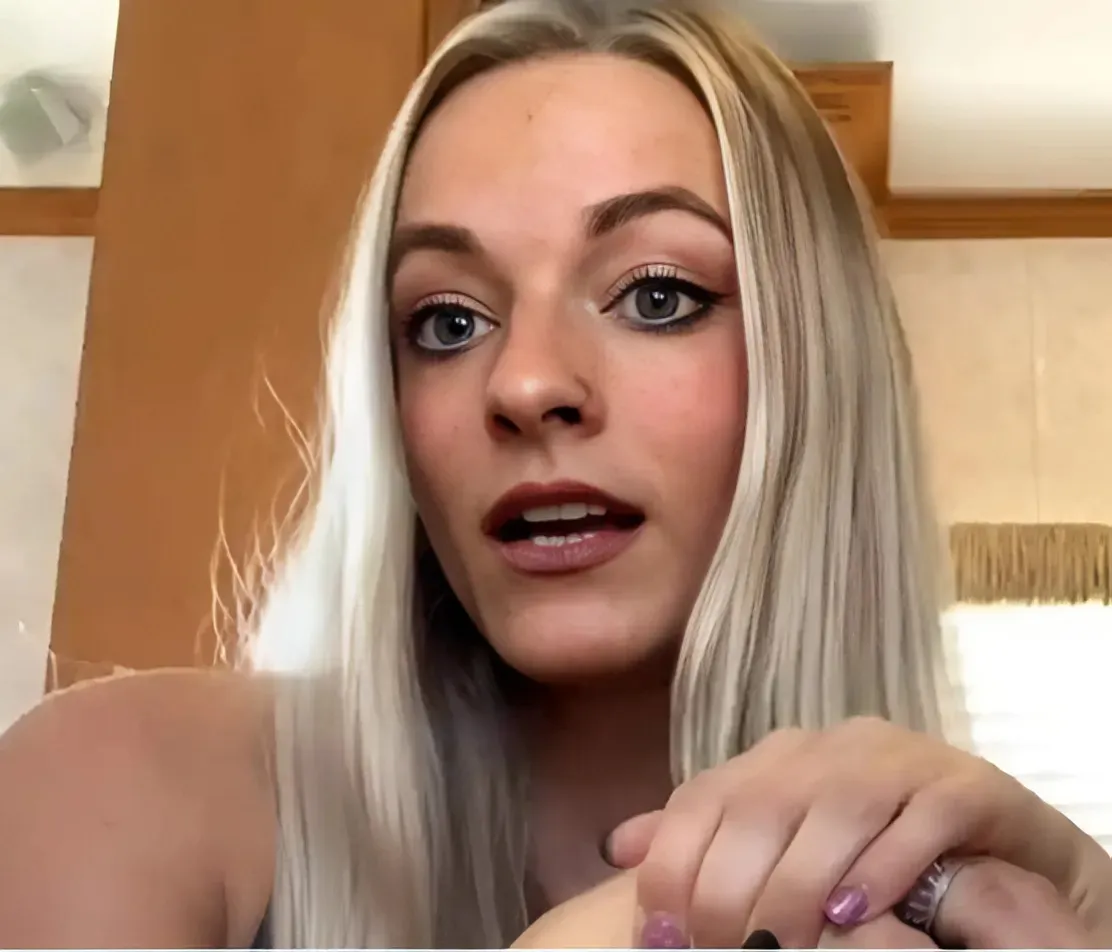Includes MASSIVE SPOILERS for The Last of Us season 2, episode 2, and SPOILERS for The Last of Us Part II video game!
Abby killing Joel is one of the most shocking moments in video game history, leading fans of the franchise to anticipate this scene since the day the television adaptation was announced. Adaptation can come with some notable deviations, and there are already a number of story changes in The Last of Us season 2. Most of the crucial narrative beats in the TV series are the same, but there are constant alterations to the order of events and subtle shifts in characters that create ripple effects. These changes aren't inherently bad, but I believe they weakened Joel's death.
Abby’s Monologue Detracted From The Shock Of Joel’s Capture
They Broke The Golden Rule: Show Don't Tell

First, I'll say that I have absolutely zero complaints about Kaitlyn Dever as Abby. She's a phenomenal actress, and she's clearly capturing the emotion that defines Abby in the game. However, I take issue with the writing of season 2, episode 2, giving her an extended monologue after holding Joel at gunpoint. To compare Joel's death to the game, the game's version of this sequence rapidly progresses from an unexpected shotgun blast to a three-line dialogue exchange to Joel getting beaten with the golf club. It's immediate; it's horrifying; and it's entirely unceremonious.
The version of Joel's death in the video game was totally unprecedented, and players in 2020 had no idea why Abby might be doing such a thing. All one could tell was that a new character had appeared, and their favorite video game protagonist was being beaten to death. Having Abby stop and explain exactly what she wanted and how she felt in this moment may have been a kind gesture to TV viewers, but it took away the daring aspect that made the video game sequel such a unique work of art.
The Last Of Us Season 2 Revealed Abby’s Motivation Too Early
The TV Series Weakens One Of The Game's Strongest Narrative Choices

The player in The Last of Us Part II follows Ellie for the first leg of the game, and it's not for a while that one really even learns who Abby is. Then, the game shifts to Abby's perspective, and the player is forced to reckon with the humanity of the person who killed Joel. The Last of Us season 2's introduction of Abby showed her directly in the aftermath of the Saint Mary's Hospital Firefly massacre in Salt Lake City, instantly revealing who she is and what she wants.
Sure, there's still some shock in the fact that Joel was killed in the next episode. The second episodes of TV seasons are scarcely host to major character deaths. However, the instantaneous reveal of Abby's motivations creates an inherent sympathy with her desires. We should sympathize with Abby in the end, but not yet, and that's what makes The Last of Us Part II so exceptional. Making the reveal too early robs new audiences of the opportunity to experience the emotional challenge of the game, mitigating the effect and potentially weakening the end result.
Joel’s Death & Ellie’s Reaction Were Still Powerful & Poignant
The Violence Was As Brutal As Could Be

Pedro Pascal is a movie star, and it's no surprise that his death was brutal and powerful in its own way. Experiencing that degree of violence, even on television, is poignant on its own, and while I think the Abby aspect suffered, the Joel and Ellie angle was certainly a success. Many of the beats following Ellie's arrival are drawn directly from the game, and they're equally as effective.
Watching Ellie call out to her adoptive father, begging him to get up, is always going to hit hard. The touch of seeing her hug Joel's body was the most exceptional addition to the scene, and one of the best in the TV series so far. I don't agree with every choice HBO's The Last of Us has made, but there's no doubt that Joel's death will remain in the hearts and minds of television fans for a long while.
-1747373037-q80.webp)
-1747988268-q80.webp)
-1743817113-q80.webp)
